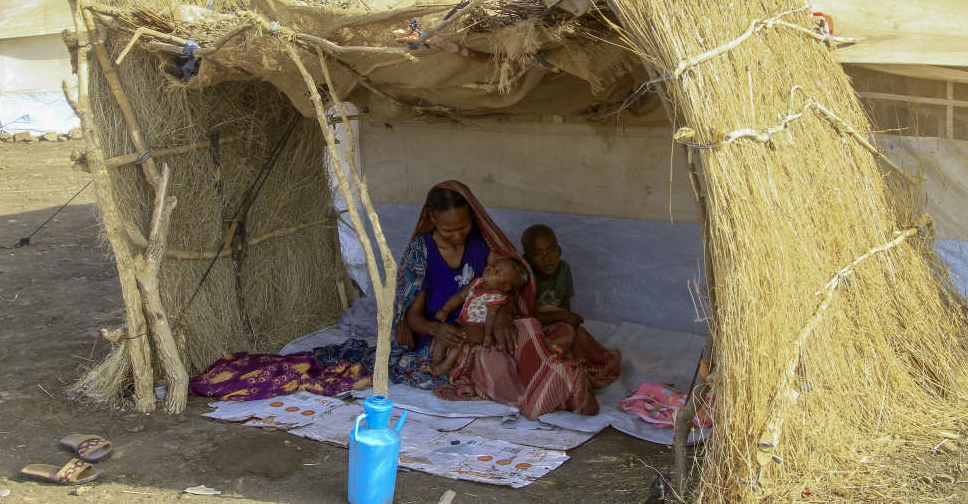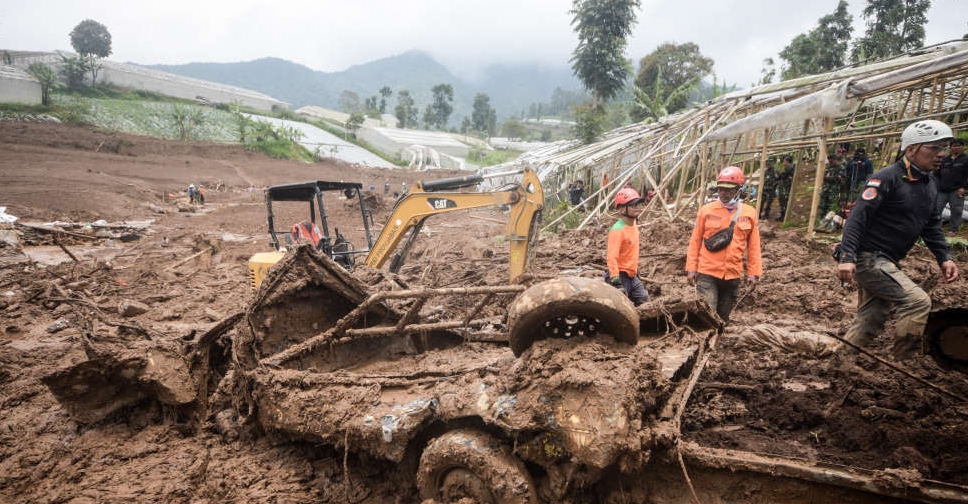
Soaring prices have helped fuel a food crisis in West and Central Africa, where nearly 55 million people will struggle to feed themselves in the coming months, UN humanitarian agencies warned on Friday.
The number facing hunger during the June-August lean season has quadrupled over the last five years, they said, noting that economic challenges such as double-digit inflation and stagnating local production had become major drivers of the crisis, beyond recurrent conflicts in the region.
Among the worst-affected countries are Nigeria, Ghana, Sierra Leone, and Mali, where around 2,600 people in northern areas are likely to experience catastrophic hunger, said the World Food Programme, UN children's agency UNICEF, and the Food and Agriculture Organization in a joint statement.
"The time to act is now. We need all partners to step up...to prevent the situation from getting out of control," said Margot Vandervelden, WFP's acting regional director for West Africa.
Due to the food shortages, malnutrition is alarmingly high, the agencies said, estimating that 16.7 million children under the age of five are acutely malnourished across West and Central Africa.
The region's heavy dependence on food imports has tightened the squeeze, particularly for countries battling high inflation such as Ghana, Nigeria, and Sierra Leone.
Policies should be introduced to boost and diversify local food production "to respond to the unprecedented food and nutrition insecurity," said Robert Guei, the FAO's Sub-regional Coordinator for West Africa.



 Israeli strikes kill 26 in Gaza, health officials say
Israeli strikes kill 26 in Gaza, health officials say
 US government starts likely brief shutdown as House fails to approve deal
US government starts likely brief shutdown as House fails to approve deal
 Thousands demonstrate in Minnesota and across US to protest ICE
Thousands demonstrate in Minnesota and across US to protest ICE
 France tightens infant milk rules after recalls
France tightens infant milk rules after recalls
 Modi ally proposes social media ban for India's teens as global debate grows
Modi ally proposes social media ban for India's teens as global debate grows
 Indonesia landslide death toll rises to 49, agency says
Indonesia landslide death toll rises to 49, agency says
 Syrian government, Kurdish-led SDF agree integration deal
Syrian government, Kurdish-led SDF agree integration deal
 Trump warns Britain on China ties as Starmer hails progress in Beijing
Trump warns Britain on China ties as Starmer hails progress in Beijing




